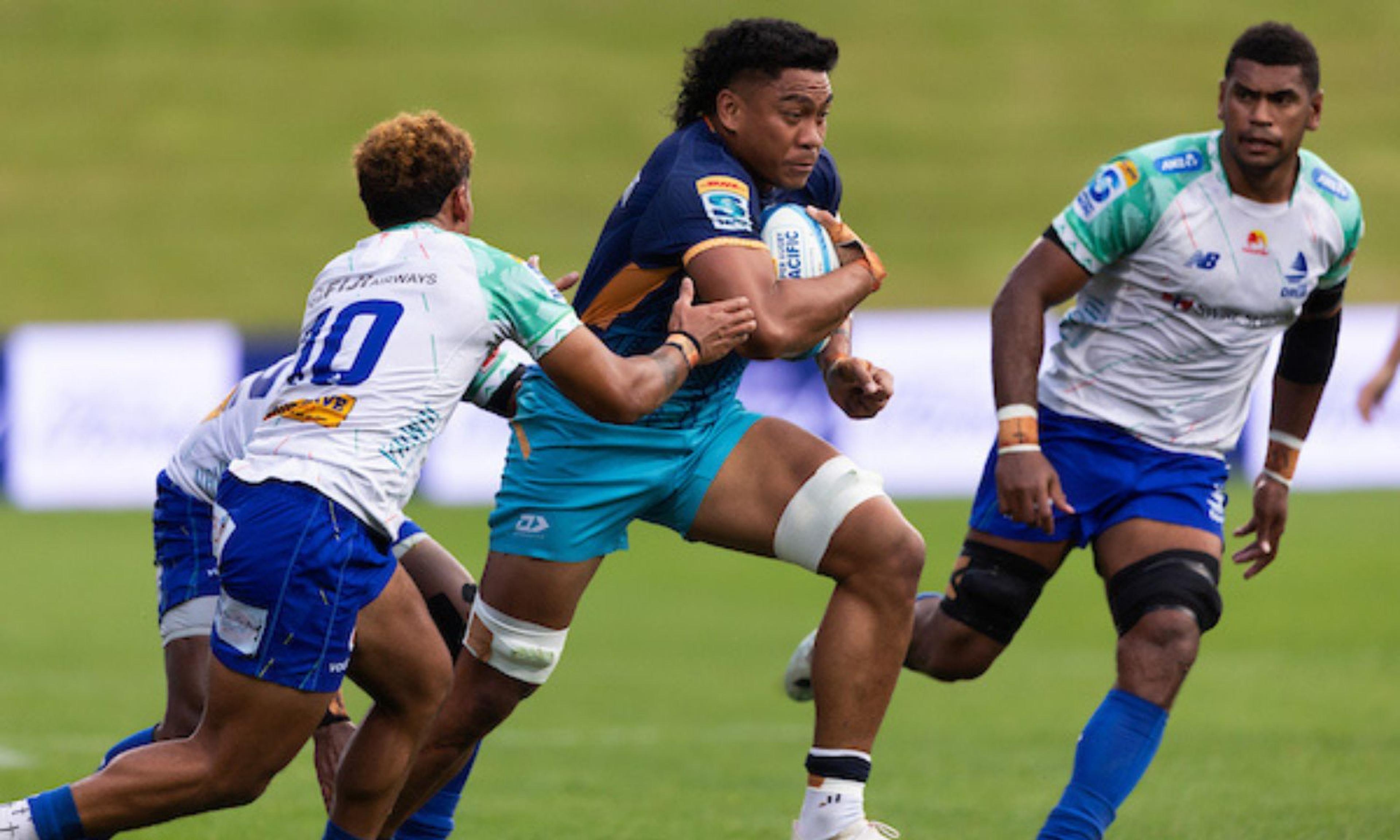

Attendees at NZ Football's Pacific talanoa series.
Photo/ Supplied
New Zealand Football says racism is 'unacceptable' barrier for Pacific players
NZF is looking to increase engagement with Pacific communities following the success of the FIFA Women’s World Cup 2023.


A.R.T sets new Pacific music pace with ‘First Thursday’ releases


Visa-free Pacific-travel push splits Parliament as ACT holds back

Last-gasp drama and big statements set up Pacific blockbuster in Super Rugby opener

A.R.T sets new Pacific music pace with ‘First Thursday’ releases


Visa-free Pacific-travel push splits Parliament as ACT holds back
New Zealand Football (NZF) wants to build on the recent success of the FIFA Women’s World Cup earlier this year and to get Pacific communities more involved in the world’s most popular sport.
In partnership with the Ministry of Pacific Peoples, NZF are running a series of talanoa sessions aimed at bringing together Pacific communities to “witness and participate in the greatness of football”.

Attendees at the Māngere talanoa session. Photo/ Supplied.
NZF General Manager of Women’s World Cup Legacy and Inclusion Paula Hansen says they’ve identified that Pacific people are among the most under-represented communities in New Zealand’s footballing scene - but they are committed to changing that.
“We partnered with the Ministry for Pacific Peoples to work together to develop an approach of engagement that really respected and enabled Pacific people to be in a safe environment, that’s where the talanoa series came from.
“It’s quite different to how football usually does things, and certainly in the western world. It’s incredibly valuable learning for us, but it was more about learning to come together in a way that respected their culture.”

Attendees at the Māngere talanoa session. Photo/ Supplied.
A fund from Ministry of Business, Innovation and Employment (MBIE) helped bring NZF and the Ministry for Pacific Peoples together to drive the initiative, and the Pua Wanaga Fund was made available for organisations to lead programmes that would leverage the presence of FIFA during the World Cup.
Hansen says the talanoa sessions explored Pacific communities’ experiences with football, and engagement in the sport within New Zealand. And she says the barriers to playing the sport was an important discussion point.
“There were discussions of barriers around accessibility, cost, racism in football for our Pasifika people [that] are still at levels that are unacceptable.
“It’s a really tough one if I’m honest, because we know there are barriers, now we need to do something about it. And it’s great three of our federations are totally on board, they really want to be providing a much better experience at their clubs for Pacific people.”
The first talanoa session took place in Māngere and Hansen is encouraged by the community response to the event.
“What I was really encouraged by was that members of the football community were honest and open, and those who sit outside the football community were still really engaged.
“It’s really important football is seen as a sport of choice for Pacific peoples. We need the vibrancy, we need the heritage, we need the culture of our Pacific peoples to be in our global game.”